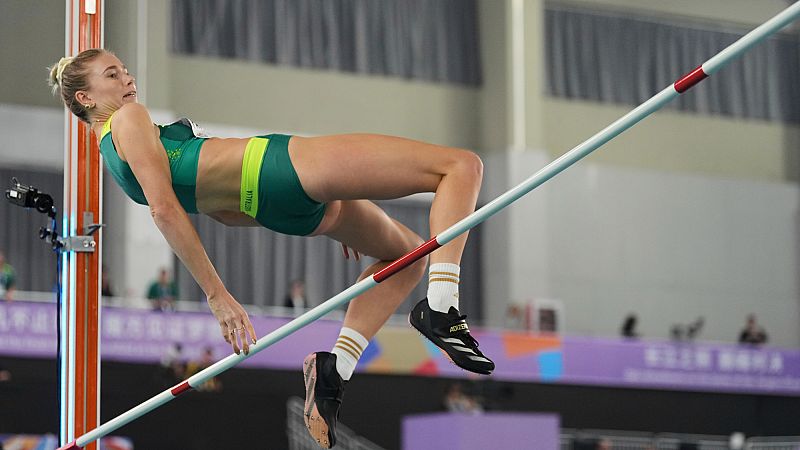World Athletics announces new DNA testing rules for women athletes

Mandatory SRY gene analysis for all female competitors at international championships will start on 1 September, the global governing body for the sport of athletics announced on Wednesday.
The new testing protocol requiring athletes to prove biological sex through DNA testing will take effect at the 2025 World Athletics Championships in Tokyo, which is set for 13 September.
According to the new regulation, athletes will be required to undergo a one-time cheek swab or blood test to detect the presence of Y chromosomes.
The new rules came after recommendations made in March by the World Athletics gender diversity task force.
"Testing to confirm biological sex is a very important step to ensure that there is no biological glass ceiling," World Athletics President Sebastian Coe said in April, following the announcement that new rules were in the works. "To compete in the women's division, you have to be biologically female. Gender cannot trump biology."
The decision means that only biological females, those with complete androgen insensitivity syndrome (CAIS), or athletes meeting specific transitional provisions, will be allowed to compete in women's events.
Athletes testing positive for Y chromosomes remain eligible for non-ranking competitions or categories other than women's events. World Athletics will contribute up to $100 per test for Tokyo competitors, with member federations conducting initial testing.
The SRY test analyses DNA samples for the sex-determining Y chromosome, with laboratory results available within one to two weeks. World Athletics describes the test as "extremely accurate" with minimal risk of erroneous results.
Athletes may contest the results through the Court of Arbitration for Sport. Under the new provisions, those who outright refuse to test will be barred from competing in world ranking events but may participate in alternative and non-ranked competitions.
The federation said the provisions do not intend to question someone's gender identity, but are instead meant to protect fairness in women's sports.
Thursday, july 31, 2025

